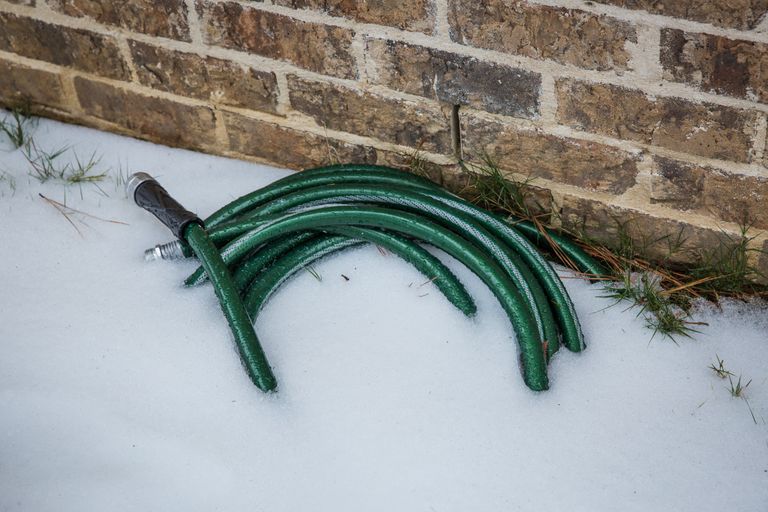Introduction
As winter approaches, properly disconnecting your garden hose is crucial to protect it from harsh cold temperatures. Leaving hoses connected during freezing weather can cause water inside to freeze, leading to cracks and costly damage. This guide covers expert advice on why and how to disconnect your garden hose for winter, ensuring your outdoor equipment remains in top condition year-round.
Why You Should Disconnect Your Garden Hose in Winter
Freezing temperatures cause any water left inside a connected hose to expand, which can burst the hose or damage outdoor faucets. Disconnecting the hose prevents water from freezing in the line, which in turn protects your plumbing and garden tools. Additionally, removing the hose helps avoid mold growth and prolongs the lifespan of your hose and spigot.
Risks of Leaving Your Hose Connected
- Frozen water expands and can crack hoses or pipes.
- Damage to outdoor faucets may result in costly repairs.
- Increased risk of mold and mildew buildup inside the hose.
Step-by-Step Guide to Disconnecting Your Garden Hose for Winter
To winterize your garden hose effectively, follow these expert steps:
- Turn off the outdoor water supply: Locate the shutoff valve and turn it off to prevent water flow.
- Drain the hose completely: Disconnect the hose and drain all remaining water by holding it vertically and shaking gently.
- Store the hose properly: Coil the hose loosely to avoid kinks and store it in a dry, sheltered place like a garage or shed.
- Protect outdoor faucets: Cover faucets with insulated covers or wrap them with foam pipe insulation to prevent freezing.
Best Practices for Storing Your Garden Hose in Winter
Proper storage protects the hose from cold, UV rays, and physical damage. Consider these tips:
- Store hoses indoors, away from direct sunlight and moisture.
- Use a hose reel or wall hanger to prevent tangling and kinks.
- Avoid sharp bends which can weaken the hose material over time.
- For extra protection, rinse the hose before storage to remove dirt and chemicals.
Expert Tips for Maintaining Garden Hoses Through Winter
Maintaining your hose during off-season ensures it lasts longer:
- Inspect for leaks or cracks before storing.
- Consider purchasing a winter-rated hose, designed to withstand cold temperatures.
- If you have an automatic irrigation system, drain and winterize it separately.
- Regularly check faucet covers and insulation throughout winter.
Conclusion
Disconnecting your garden hose for winter is a simple yet essential task to prevent freezing damage and costly repairs. By following proper draining, storage, and protective measures, you can extend the life of your hose and maintain a healthy garden. Take action early each fall to safeguard your outdoor equipment and enjoy hassle-free gardening in spring.
